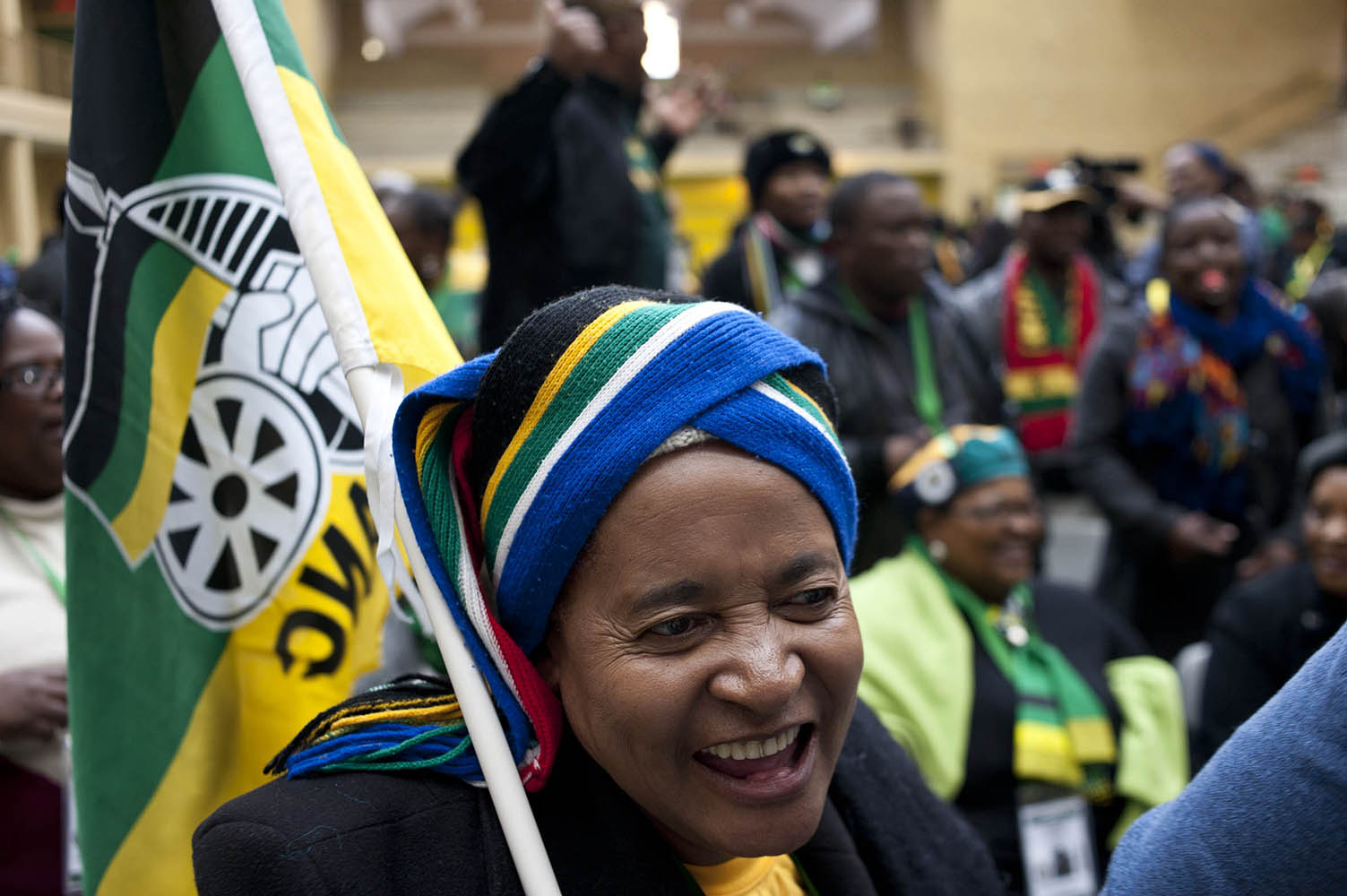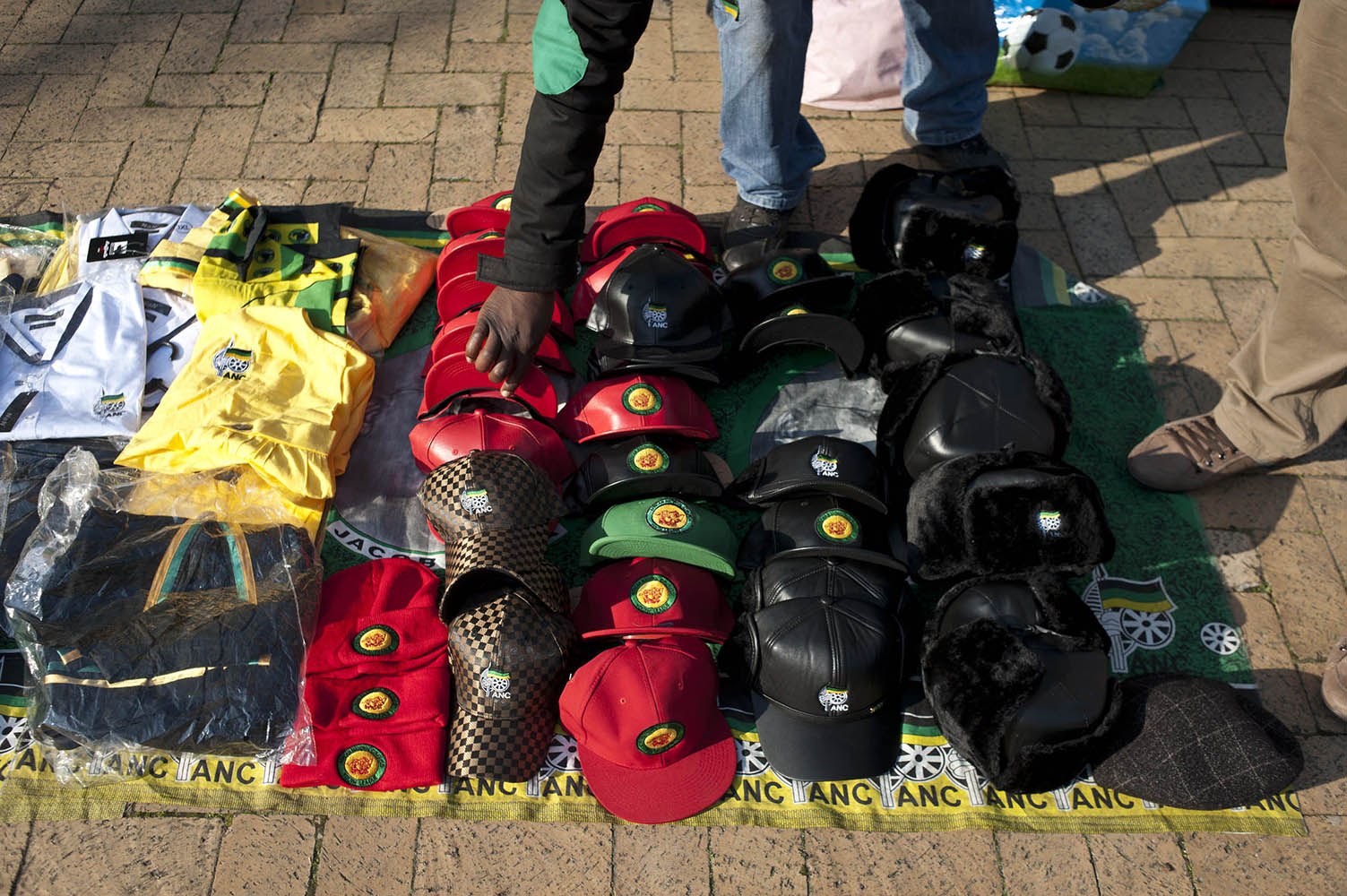Marius Fransman was announced as the new leader in the early hours of Sunday morning, while the rest of the top five is due to be elected on Sunday afternoon.
The ANC in the Western Cape has been faced with deep factionalism, but the party’s hope to change that was evident on day one of the congress, with alliances, leaders and structures pledging to work with the new leadership, and preaching unity as the only way to go forward.
The congress, held at the Cape Peninsula University of Technology following a last minute venue change due to lack of funds, started eight hours late and was attended by various ANC National Executive Committee members and ministers including Fikile Mbalula and convenor Derek Hanekom.
Winning coloured votes
And with new leadership at the helm, the party hopes to tackle its biggest challenge in the build-up to the local government elections, winning the coloured voters in the Western Cape.
In his political overview, delivered before he was re-elected, Fransman said the party had started mobilising in the coloured communities, they have only just laid the foundation, and the past four years were clear indicators of this.

“The incoming leadership must therefore ensure that this work is deepened. The challenge here was and remains the greatest. It is this constituency that is the least trustful of the ANC and the ones most affected by the psychological scars of centuries of colonialism and apartheid social engineering. Even at the best of times, we never quite received the majority of their support even though at the time we made inroads into pockets such as Macassar, Bellville South and Atlantis, which today are no longer ANC strongholds.
“Equally so, we have not sufficiently addressed the fears and effectively mobilised the coloured metro middle class, which together with the rural coloured population were historically our supporters of the ANC. Going forward we will need a consistent, nuanced and multi-pronged strategy to win back this support, which has been historically fluid as we have done in the rural areas,” Fransman said.
He said the challenge of winning coloured voters was not unique to the Western Cape because nationally the party was losing support in areas that were previously strongholds and was in danger of becoming a rural-based party.
“We therefore need a clear and nuanced proactive push-back political campaign both nationally and provincially with the right message and narrative that the ANC is caring and sensitive to all people in general, and blacks, which includes coloureds, Indians and Africans – or we risk losing these communities completely.”
Unity needed to progress
After blaming the media for “attacks” on the ANC in the province and detailing plans leading up to conquering the 2016 elections, Fransman said the party’s hope of challenging the DA was practically non-existent if they did not develop and sustained a united organisation.
“The requirement of unity is paramount to our chances of progressing, but should not be based on a lowest common denominator type of unity. It is essential that our unity speaks to two principled premises: On the one hand it must be centered on the centrality of our Strategic Objective, which is the attainment of a national Democratic Society, based on the Strategic documents of the ANC. Our Unity cannot be based on fundamental deviations from ANC Strategy in order to supposedly accommodate supposed nuances, personality dynamics or organisational challenges,” said Fransman.

Delivering a keynote speech at the congress on Saturday, Hanekom said the incoming PEC had to advance unity at all times.
“Because stability is one thing, but it has to move on to unity. We know that a divided ANC is not going to achieve what we have set ourselves to achieve. We know it is only through unity that we can achieve our objectives. But it is not just any kind of unity, but we have got to talk about a revolutionary unity. A unity with a clear purpose, so we have to talk about unity in action.”
Hanekom laid into the branches in the province over the state of their finances.
“When you elect a treasurer, that treasurer has to look after your finances. Most of your branches do not have any finances to look after. You have to make sure that you look after your finances. So when you elect a treasurer, that person has to be the right person. When you elected a secretary, that person has to make sure that your membership systems are well managed. That secretary has to be there to guide you,” he said.
The Youth, Women and Veterans leagues all vowed to support the new leadership.